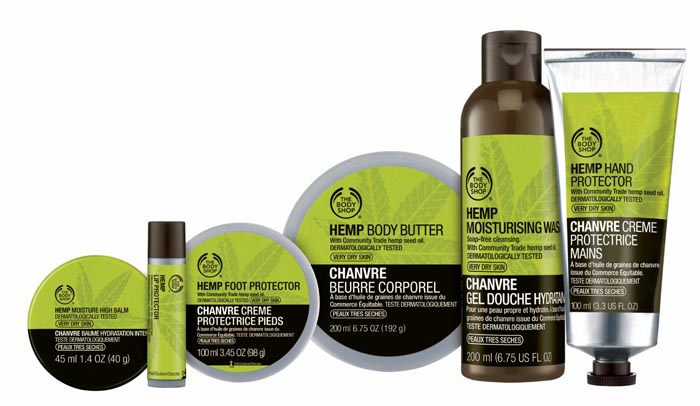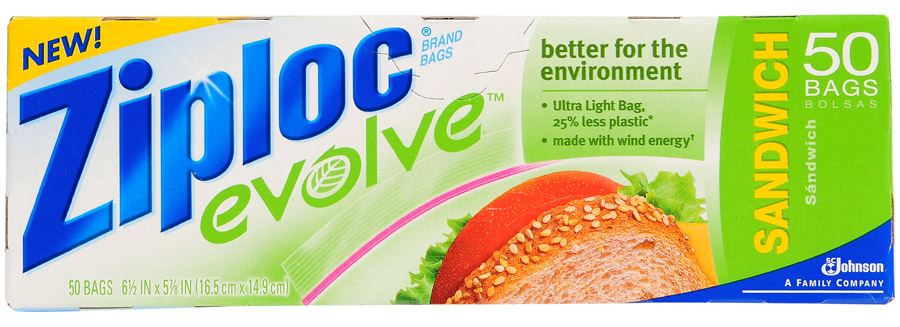In today’s world, it is vital to be environmentally conscious. Businesses, products, services, and institutions are all working towards including environmental responsibility in their business mission. But, how can you tell who is actually ‘doing good’? Competition brings out the worst in some — and this can lead to greenwashing, which is falsely conveying that one’s organization is ‘doing good’ for the earth to mislead and entice consumers into buying their products.
The concept of greenwashing first came into recognition with the Chevron scandal – they violated the Clean Air Act and the Clean Water Act by intentionally spilling oil into wildlife refuges. Greenpeace, an organization formed because of this, states that “corporations are falling all over themselves to demonstrate that they are environmentally conscious. The average citizen is finding it more and more difficult to tell the difference between the companies genuinely dedicated to making a difference and those that are using a green curtain to conceal dark motives.” And the list goes on. Recently, Walmart paid a million dollars to settle the greenwashing claims about its plastics being environmentally responsible. With all the corruption and secrecy, it can be hard to separate the truth from the lies.
So, while there are many great intentional green efforts, there are some institutions that are in it solely for the money and fame. Here’s our guide to reading labels — and recognizing greenwashing so you can shop smarter.
1. Be wary of frivolous language, or words without meaning.
For example, just because a product is “made with organic ingredients” or is “all-natural” doesn’t mean that it is certified organic by the government or an environmental agency. There are class-action lawsuits underway that are challenging the use of misleading phrases such as these. Kind LLC is facing a lawsuit for its use of “Healthy and All Natural” and “non-GMO” marketing even though they allegedly contain GMO-derived canola, corn, and soy. A resolution has not been determined yet.
2. Avoid green products that are made using harmful manufacturing methods.
Industries like fast fashion may tout eco-friendly messages on their clothing or have a sustainable store, but ultimately the premise of the industry to make items in bulk and quickly is not sustainable — it uses a lot of energy and chemicals, it almost always depends on overworking laborers, and the clothes will be thrown away too soon because they are often not made to last. Try to be a more conscious consumer and look into the business practices of the companies you buy from. It may sound like a lot of work but organizations and publications like GreenBiz and the websites listed here make it a little easier to be a little more aware of the impact you are making as a consumer.
3. Watch out for pictures that overstate the green message.
Green or other natural colors or images of trees and nature can be used to distract from what is actually being said on the packaging or sold as a product.

4. Beware of irrelevant claims.
Many companies will emphasize one green attribute to take away from all the other detrimental ones.


5. Recognize when companies are spending a lot of money bragging about their green-ness, rather than spending it on being more environmentally-friendly.
The automobile industry has been in the news recently for many green-washing tactics – videos of cars driving through the forest or crossing through a stream make their way onto our television screens and phrases like “clean diesel” have been thrown around by companies like Volkswagen. It is important to verify these claims.

6. Be knowledgeable about what the law already requires.
Some may brag about their sustainability when what they’re doing is already legally required of them. Or in other cases, what the law requires of these companies is less than what people assume. This is a major problem in many industries; however, some NGOs have taken up the mission of more-accurately labeling products. In the seafood industry, the international NGO known as the Marine Stewardship Council (MSC) labels products that have been “sustainably caught” and can “be traced back to their source” and reporting by The Guardian shows that they are making a big difference!
For more specific examples on false claims, check out an article that lists that top 8 offenders here. And next time you are waiting in the check-out line somewhere, look up the company you are buying from and look into what they are doing to help our planet.
 Food
Food Farmers
Farmers Sustainable Living
Sustainable Living Living Planet
Living Planet News
News